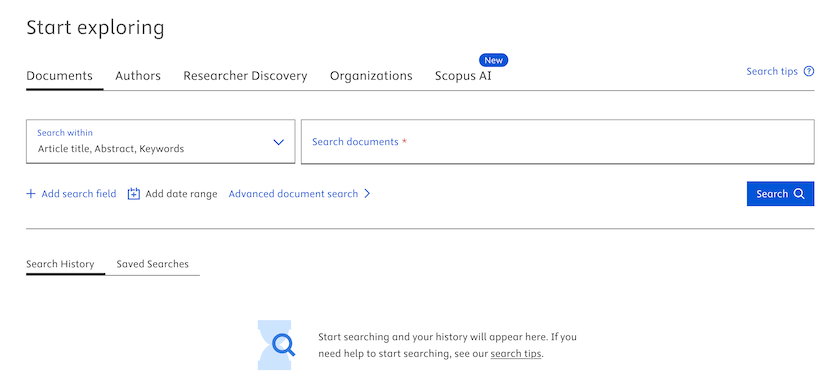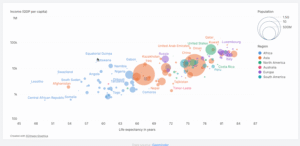Do you want to explore research trends in your area of interest? Curious about who the most influential authors are in your field or which countries publish the most on a certain topic? That’s where bibliometric analysis comes in, and Scopus is one of the best tools to get started.
In this guide, I’ll walk you through the step-by-step process of using Scopus for bibliometric analysis, using the topic of social entrepreneurship as a hands-on example. I’ll also show you how to export your results and make them useful for analyzing in Vosviewer and biblioshiny in R Studio.
Let’s dive in!
Before you start, I recommend going to this blog if you do not know what bibliometric analysis is and why it is important for business research or other fields.
Why Scopus?
Scopus is one of the largest abstract and citation databases of peer-reviewed literature. It includes journals, books, and conference papers from many disciplines, especially science, technology, social sciences, and business.
You can access Scopus at: https://www.scopus.com
Note: You may need institutional access (via university or library).
Step-by-Step Guide: Bibliometric Study on “Social Entrepreneurship”
Let’s walk through a real example. In this case we are using “social entrepreneurship” as a search term. There are so many ways to conduct a search. In this example, we are performing only Scopus basic search criteria for a bibliometric study.
Step 1: Access Scopus
Go to https://www.scopus.com and log in via your institution (if required). If you don’t have access, check with your university library. Generally, most academic institutions have subscriptions.
Step 2: Search for Your Topic
We’re going to use “social entrepreneurship” as our example. As you can see in the picture , different keywords was applied for the the topic social entrepreneurship and filtering criteria.

In the Scopus search bar, type “social entrepreneurship” (for extracting a large dataset, you can use synonyms or related terms by using OR as a Boolean operator). For example, social innovation, social business, social ventures, and business ventures can be used. In research, it is better to study some related paper where the terms are already used by other researchers. This is useful to justify why the keywords have been broadened.
- In the Scopus search bar, type the keywords.
- Change the search field to Article title, Abstract, Keywords
- Click Search
You’ll now see a list of thousands of publications related to social entrepreneurship.
Step 3: Refine the Search Results
To make the results more meaningful:
- On the left side, apply filters:
- Year: Set to recent years (e.g., 2015–2024)
- Document Type: Select Article
- Subject Area: Choose Business, Management and Accounting or Social Sciences
- Language: English
This filtering process will help you to identify more relevant publications in the desired field and is very effective for systematic or bibliometric study.
Step 4: Export the Data
Once filtered, you can export your data for analysis:
- Click the Export button at the top of the results list.
- Choose CSV format
- Select the first three column fields.
- Click Export and save the file.
Step 5: Analyze the Data
You can analyze this data using a variety of tools; among them, Vosviewer and the biblioshiny package are free to use.
Read one of my research based on social entrepreneurship here-
Extra Resources (Must read)




